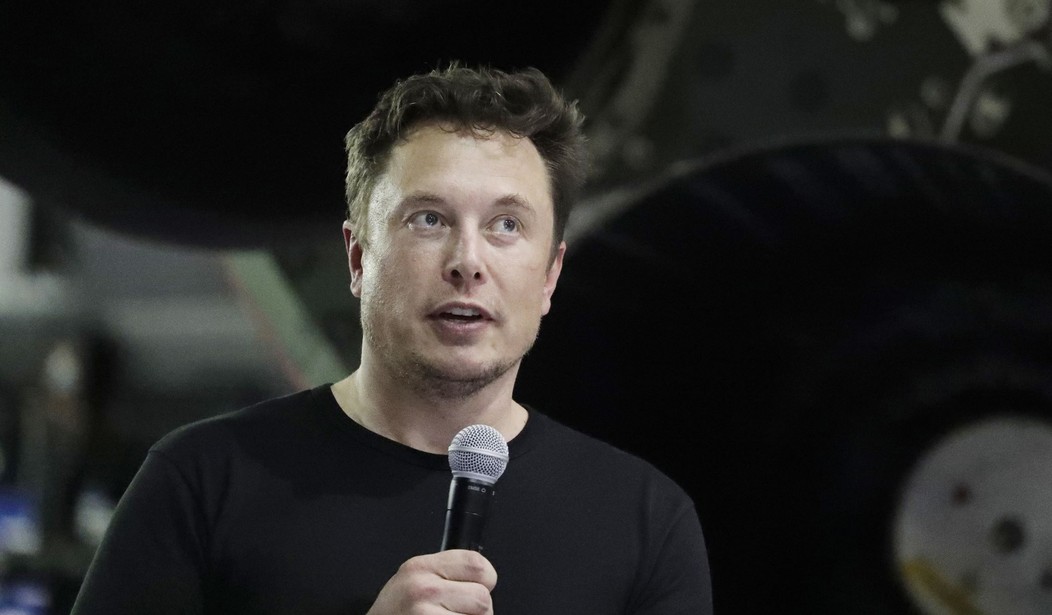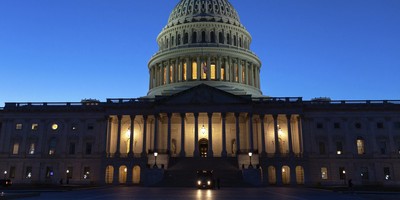The government has handed Elon Musk the keys to the city once again.
The Federal Communications Commission recently awarded a nearly $1 billion subsidy to Elon Musk’s SpaceX, and the company is now ready to use it to litter the sky with thousands of the company’s new Starlink satellites.
With these new satellites, Starlink hopes to bring internet to thousands of places across the world. But some are concerned that this government subsidy could lead to a slippery slope of a space monopoly.
Because of the number of lower-Earth orbit satellites that Musk wants to launch, the sky could quickly become crowded — so crowded that it becomes dangerous for competitors or anyone else seeking access to space.
While monopolies are often synonymous with inefficiency, some have accused Musk’s satellite internet project of being too potentially hazardous even at this early stage. The Wall Street Journal reported that, “The critics’ main argument is that Mr. Musk’s launch-first, upgrade-later principle, which made his Tesla Inc. electric car company a pioneer, gives priority to speed over quality, filling Earth’s already crowded orbit with satellites that may need fixing after they launch.”
This isn’t the first time that the public has called SpaceX’s safety into question. In typical “move fast and break things” Silicon Valley fashion, the company seems to always prioritize speed over efficiency and responsibility.
Recommended
For example, in December, the Federal Aviation Administration repeatedly tried to ground one of its launches over concerns that weather conditions made it more likely that nearby homes would be endangered in the event of an explosion. The company ignored the FAA’s warnings, and its rocket then exploded. Perhaps only the fact that the explosion happened upon landing, instead of mid-flight, prevented a real disaster.
What will it mean for safety and innovation if the government effectively allows this company to become the only space satellite game in town?
Competition is what drives productivity, low costs, and innovation. Each of those items is particularly important in the governmental realm, where budgetary concerns always run rampant and quality control is supposed to be of paramount concern. Essentially granting a space monopoly to a company whose satellite program has already faced criticism for being too risky is something that only Washington, D.C. could get away with.
Musk knows this. He has always been wary of monopolies, even once accusing the government of creating one on military launches, so he should understand why the Starlink project has drummed up so much concern over the future of competition in space.
In the past, Musk has also argued that the American government is the greatest monopoly of all. He seems to believe that the government prevents companies from achieving their goals and ability to move forward. So do I; however, his companies are doing just fine largely thanks to the government’s help. Starlink is just the latest example of this.
As the space race moves forward, it will be interesting to hear how Mr. Musk feels about monopolies should regulators and federal officials ever decide to prioritize competition instead of handing out subsidies without concern for the consequences.
Quinlan is the president of the Center for Freedom & Prosperity (@CFandP)

























Join the conversation as a VIP Member